Overcoming the problem of surplus and shortage of human resources
Immediately after operating the 2-level local government model, Phu Tho province focused on arranging and perfecting the administrative apparatus, creating a clear change in the effectiveness of state management. However, the new model also poses many challenges. In many localities, especially remote areas, infrastructure, information technology and human resources are still limited; the team of cadres and civil servants at the commune level still cannot meet the requirements of the tasks in the context of increasingly deep decentralization and delegation of power.
According to the new regulations, the authority to handle administrative procedures at the commune level has increased more than 3 times compared to before. To date, the Provincial People's Committee has announced more than 2,200 public administrative procedures, of which 1,791 procedures are under the authority of the provincial level and 410 procedures are under the authority of the commune level. The large workload, high professional requirements while the human resources are not uniform have created significant pressure on the local authorities.
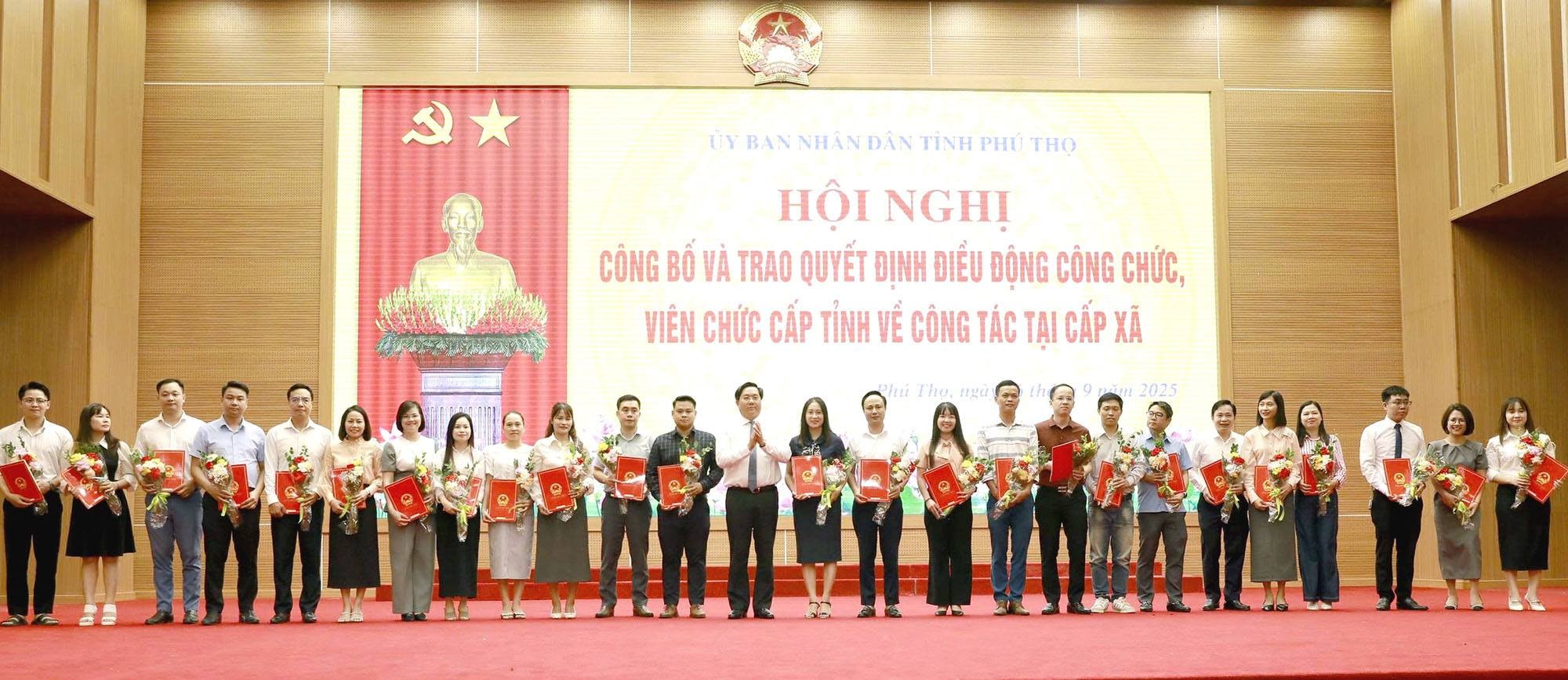
In order to promptly enhance the capacity of the commune level in both quantity and quality, the Standing Committee of Phu Tho Provincial Party Committee issued Conclusion No. 94-KL/TU and Plan No. 25-KH/TU dated September 19, 2025 on strengthening, mobilizing and seconding civil servants and public employees to work in communes and wards in the province, ensuring the local government apparatus operates synchronously, effectively and efficiently.
According to the plan, in the first phase, the province will mobilize and second nearly 400 civil servants and public employees to the grassroots. Of these, 140 people will be mobilized from provincial departments, branches and sectors; 150 people will be seconded for a limited period according to their expertise and nearly 100 people will be transferred between communes to overcome local surplus and shortage. The implementation process will be carried out openly and transparently, ensuring the principle of "right person, right job, right expertise and right actual needs". The province will especially prioritize communes that are still lacking staff compared to the norm until 2030 and urgent areas such as information technology, accounting, land, construction, etc.
Director of the Department of Home Affairs Tran Viet Cuong said that this policy not only solves the immediate human resource difficulties but is also a fundamental solution to train and foster grassroots cadres, linking rotation with long-term planning and development. Through practice, cadres are trained in mettle and skills to serve the people and understand more deeply the lives of the people.
Close to the people, understand the people to serve the people better
In the first phase of implementation, nearly 400 provincial-level civil servants and public employees voluntarily registered to work in communes and wards. Of these, 102 cases were officially accepted and assigned to work according to their job positions. This proactive and voluntary spirit demonstrates the sense of responsibility, dedication and belief of cadres and civil servants in the province's innovation policy.
As one of 102 provincial-level civil servants and public employees transferred to the commune level, Deputy Director of the Center for Research, Investment Consulting and Financial Services (under the Department of Finance) Nguyen Ha Phuong shared: the transfer helps officials have the opportunity to practice and hone their management capacity and spirit of serving the people right at the grassroots level.
Mr. Doi Duc Dat, a young cadre working at the National Assembly Affairs Office, Office of the National Assembly Delegation and Provincial People's Council, was assigned to work in Kim Boi commune and expressed: being assigned to work at the grassroots level is an opportunity for me to better understand the local reality, thereby applying the knowledge and skills accumulated in the environment of elected bodies into practice, contributing to the innovation of grassroots government activities.
Mr. Bui Minh Tuan, an official of the Department of Animal Husbandry, Veterinary Medicine and Aquaculture (Department of Agriculture and Environment), is the youngest person in the mobilization, volunteering to work in Tien Phong commune, a particularly difficult area of the province. Currently, the average income per capita of the commune is only over 40 million VND/year; the poverty rate is still over 20%. Mr. Tuan confided: when I received the assignment to Tien Phong commune, I considered it a valuable opportunity to bring professional knowledge and the spirit of a young person to directly serve the people. I hope to work with the local government to guide people in applying safe farming and livestock techniques, expanding production towards commodities, contributing to reducing the poverty rate of the locality.
According to Chairman of the Provincial People's Committee Tran Duy Dong, in the context of increasing demands for administrative procedures in many localities, especially in remote communes, the willingness of cadres, civil servants and public employees to take on new tasks demonstrates a sense of responsibility and aspiration to contribute that is very admirable. "I hope that you will continue to promote the spirit of solidarity, proactively learn, strive to overcome difficulties, and become a close and effective bridge between the government and the people," he emphasized.
The Chairman of the Provincial People's Committee also assigned the Standing Committee of the Party Committee at the commune level to continue reviewing and assigning the right people to the right positions, ensuring effective use of the increased human resources. At the same time, departments and branches need to organize training and professional development so that commune-level officials can quickly catch up with the work and improve the quality of service to the people and businesses.
The Chairman of the Provincial People's Committee affirmed that the mobilization and rotation of cadres of the province not only solves immediate requirements but is also a strategic solution, contributing to improving the quality of human resources at the grassroots level, meeting the requirements of building and developing Phu Tho province in the new period. With the political determination of the whole system, with the sense of responsibility and efforts of cadres, this policy will come into life, bringing practical effects, strengthening the people's trust in the Party, the State and authorities at all levels.
Source: https://daibieunhandan.vn/phu-tho-huong-toi-nen-hanh-chinh-tinh-gon-hieu-qua-gan-dan-10390993.html


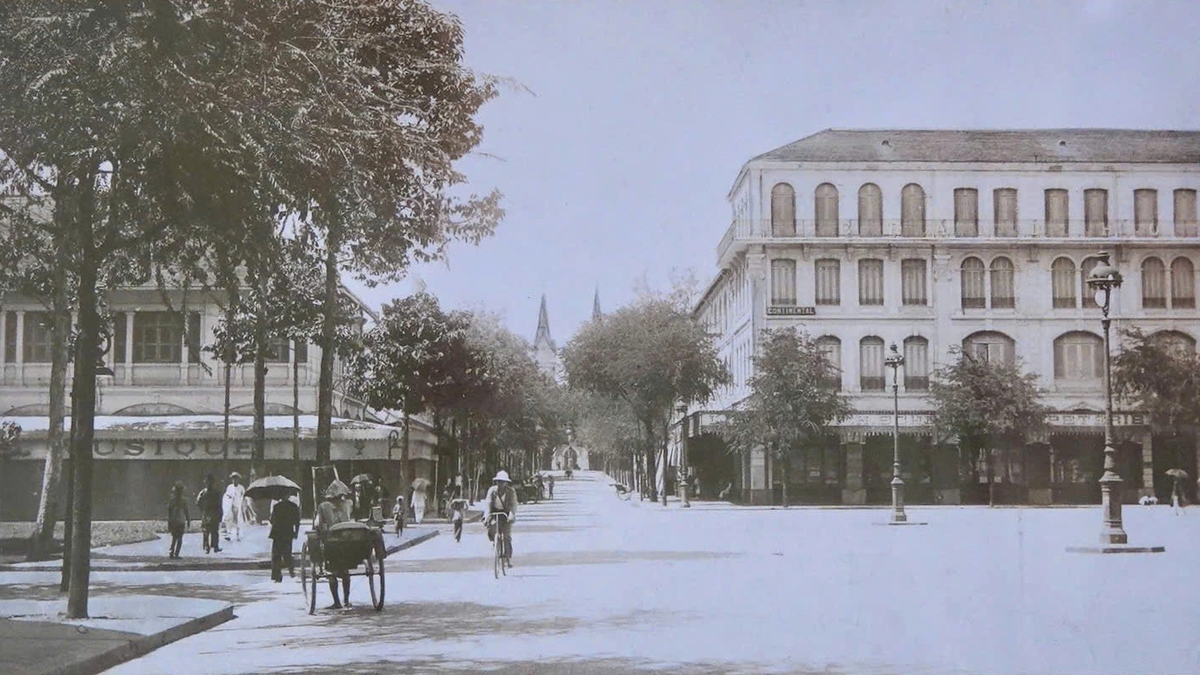
![[Photo] Prime Minister Pham Minh Chinh meets with Speaker of the Hungarian National Assembly Kover Laszlo](https://vphoto.vietnam.vn/thumb/1200x675/vietnam/resource/IMAGE/2025/10/20/1760970413415_dsc-8111-jpg.webp)
![[Photo] National Assembly Chairman Tran Thanh Man holds talks with Hungarian National Assembly Chairman Kover Laszlo](https://vphoto.vietnam.vn/thumb/1200x675/vietnam/resource/IMAGE/2025/10/20/1760952711347_ndo_br_bnd-1603-jpg.webp)

![[Photo] Chairman of the Hungarian Parliament visits President Ho Chi Minh's Mausoleum](https://vphoto.vietnam.vn/thumb/1200x675/vietnam/resource/IMAGE/2025/10/20/1760941009023_ndo_br_hungary-jpg.webp)
![[Photo] Solemn opening of the 10th Session, 15th National Assembly](https://vphoto.vietnam.vn/thumb/1200x675/vietnam/resource/IMAGE/2025/10/20/1760937111622_ndo_br_1-202-jpg.webp)
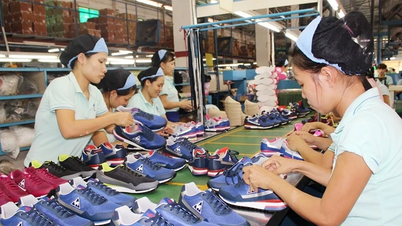

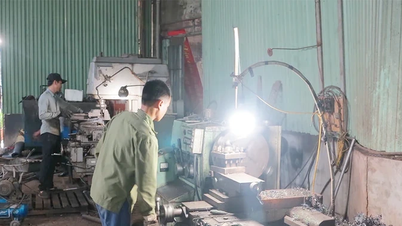
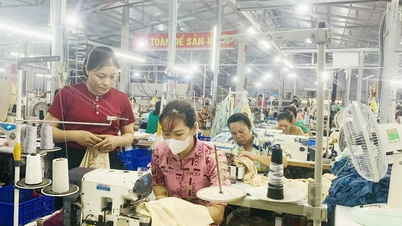
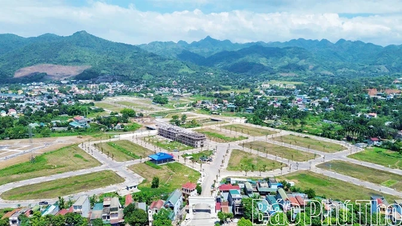
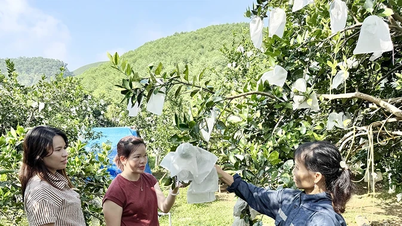

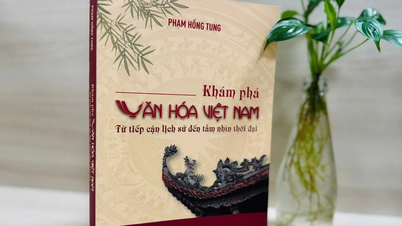




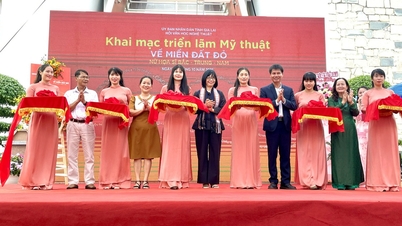


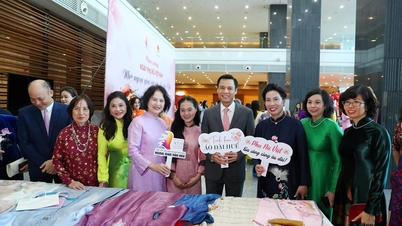





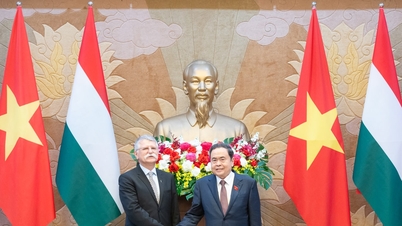
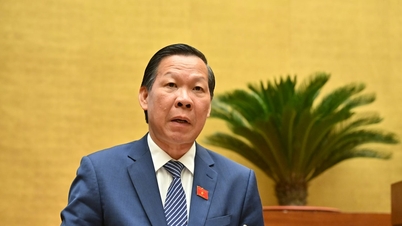
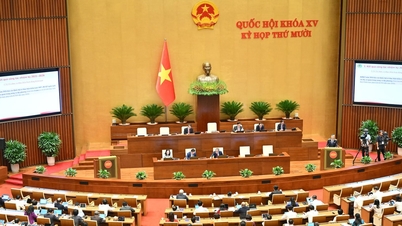
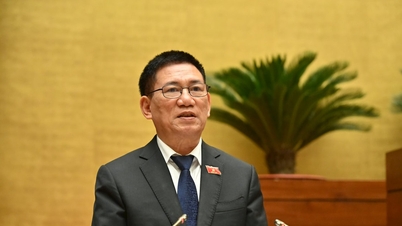
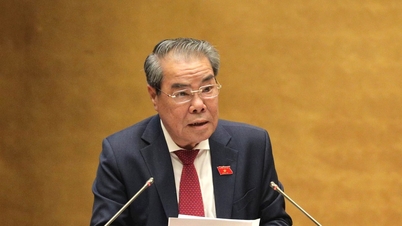
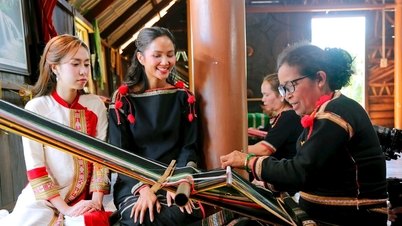
![[Photo] The Steering Committee of the 2025 Fall Fair checks the progress of the organization](https://vphoto.vietnam.vn/thumb/1200x675/vietnam/resource/IMAGE/2025/10/20/1760918203241_nam-5371-jpg.webp)

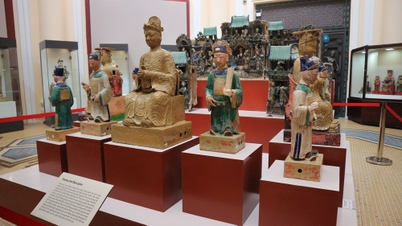
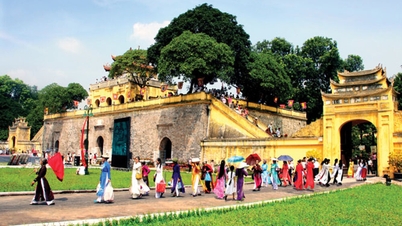

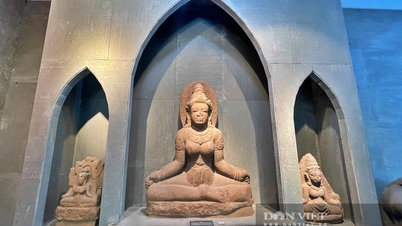

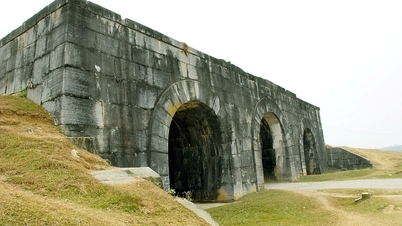
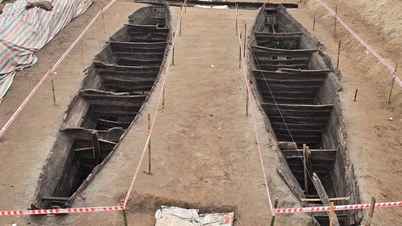
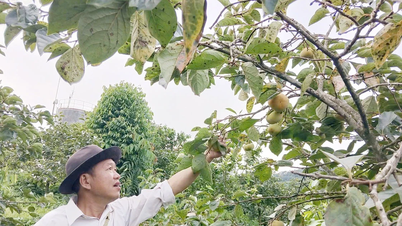

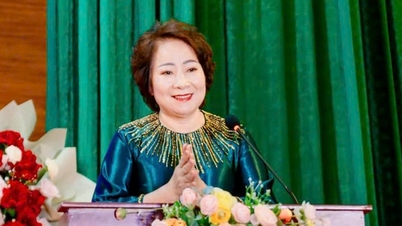



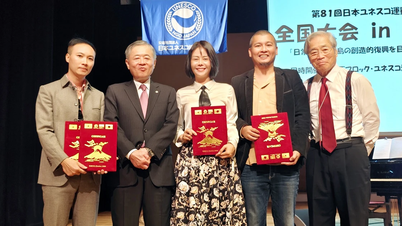





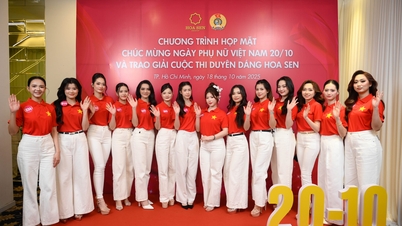

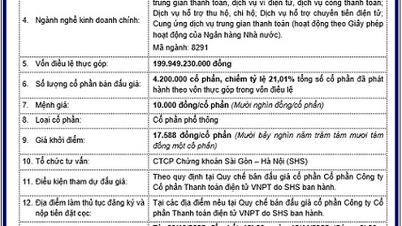
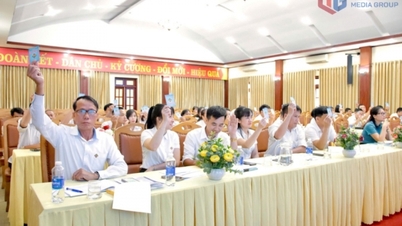

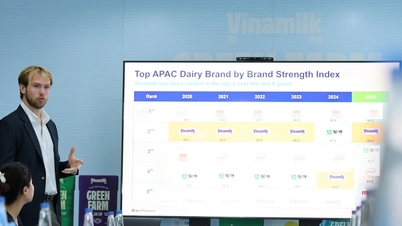

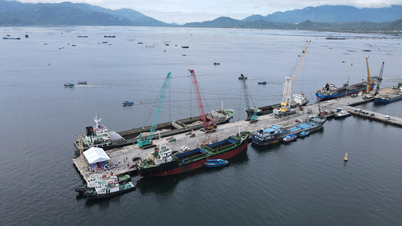








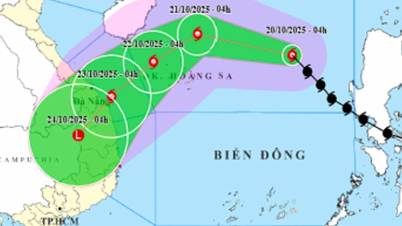

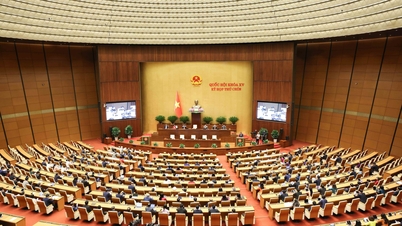

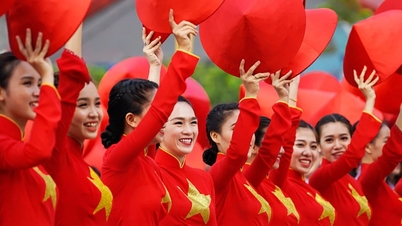

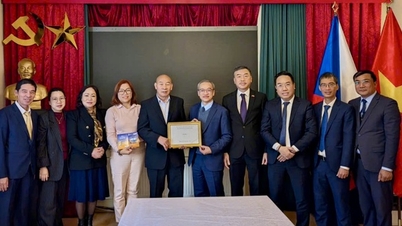

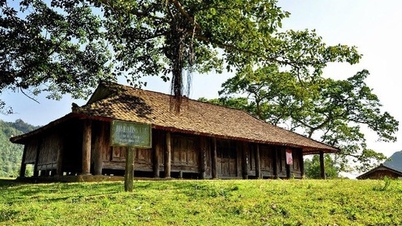
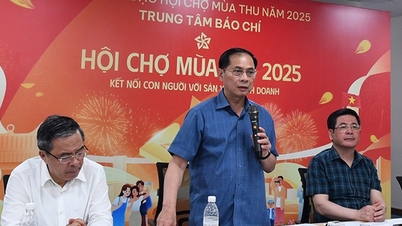
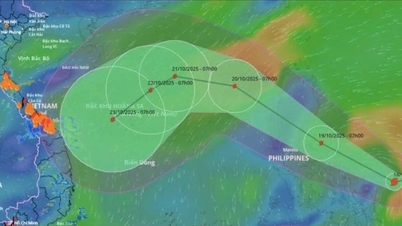

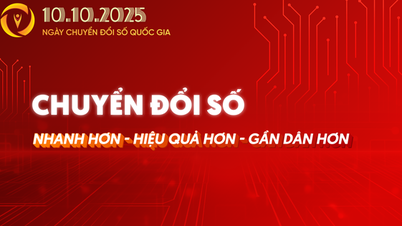

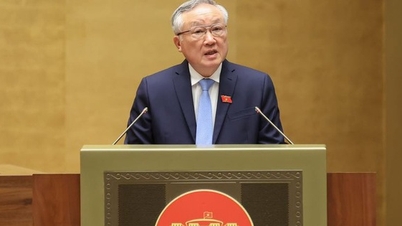




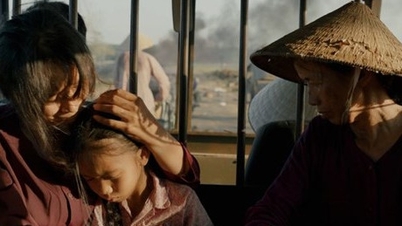
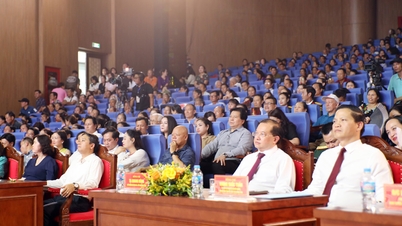














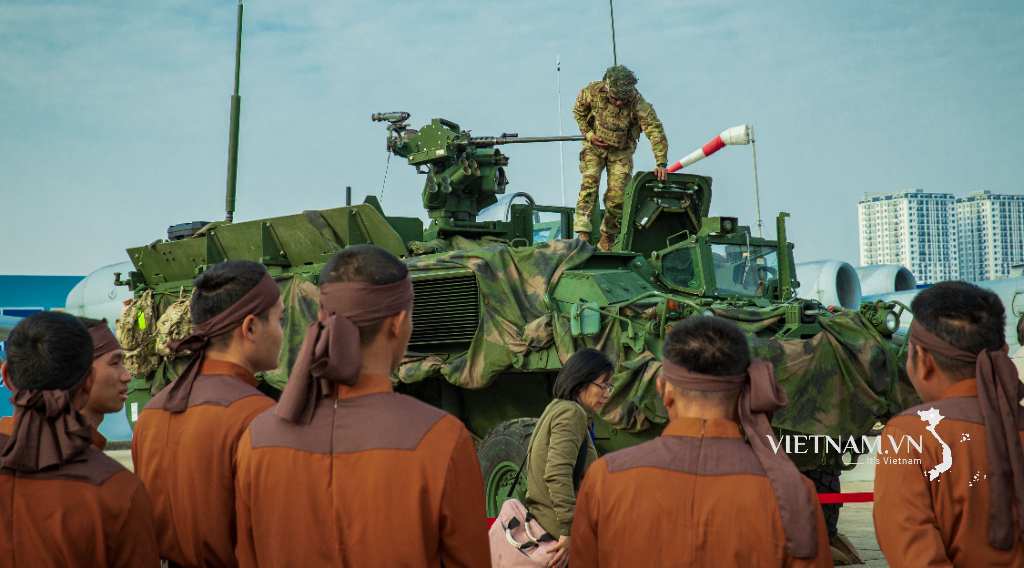


Comment (0)